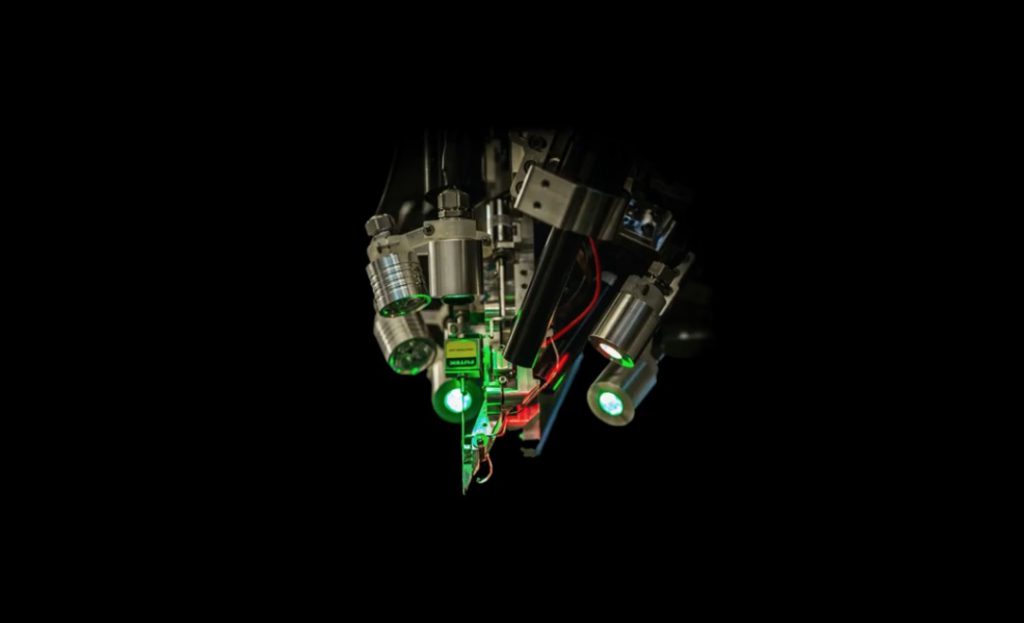
Elon Musk and his neurotech start-up are trialling brain-decoding implants
The researchers want to start trials on humans next year
US entrepreneur Elon Musk and his tech start-up Neuralink have unveiled a new brain monitoring device that could one day enable paraplegics to use their thoughts to operate computers and smartphones.
The new technology is based around a “sewing machine” robot that will be used to implant thousands of electrodes into the brain to monitor and stimulate neural activity.
Musk hosted an evening event earlier this month at the California Academy of Sciences where he and his team provided an overview of their research.
In theory, the new device could allow a computer system to detect and analyze brain activity in a way that translates into outputs such as “move a robotic arm 3 inches up and left and grab what’s there”. It could also stimulate the somatosensory cortex in a way that would make paralyzed patients feel as though they had touched something.
Experts have been impressed by the progress of the ambitious project. “Overall, the concept is impressive and so is the progress they’ve made,” said neurobiologist Andrew Schwartz of the University of Pittsburgh Medical Center, a pioneer in the technology.
Yet there is still much work to be done. “A lot of this still seems to be conceptual”, Schwartz said. “It’s hard to tell what’s aspirational and what they’ve actually done”.
There are significant concerns about the durability of the technology, and its potential to damage the brain.
In his presentation, Musk has alluded to the fact that the electrodes implanted in the brain will eventually stop working and require replacement. Removal of the electrodes could be difficult, as they are attached to remarkably thin electrode-holding threads.
There are also risks that the implants could cause trigger infection, or be the catalyst for a stroke, aneurysm or immune reaction in the patient.
“The big risk, of course, is if something goes wrong… one more major adverse event could cause a stricter regulatory crackdown,” said Andrew Hires, a neurobiologist at the University of Southern California, whose research focuses on how the brain processes the sense of touch and emotion in the cortex.
Even still, Neuralink has said that it hopes to start tests on human subjects as early as next year.
Xavier Symons is deputy editor of BioEdge
Elon Musk and his neurotech start-up are trialling brain-decoding implants
Xavier Symons
Creative commons
https://www.bioedge.org/images/2008images/NeuralinkMachine-1024×623.jpg
brain stimulation
elon musk
neuroethics
neuroscience
- Can machines be moral? - March 7, 2021
- Can we synthesise Christianity moral theology with secular bioethics? - November 28, 2020
- Euthanasia polling data may fail to capture people’s considered views - August 15, 2020
